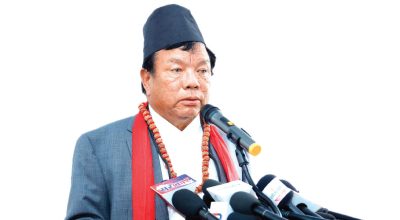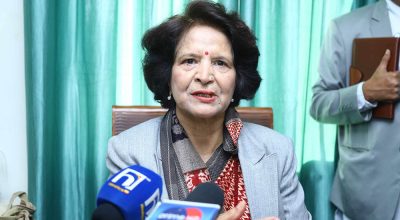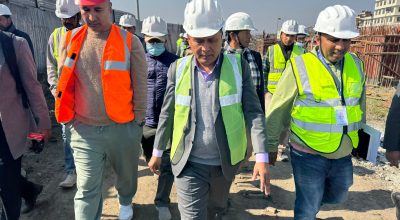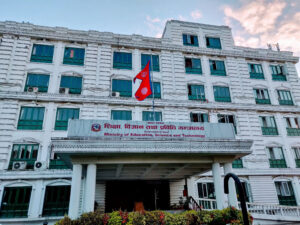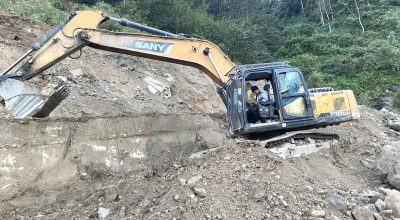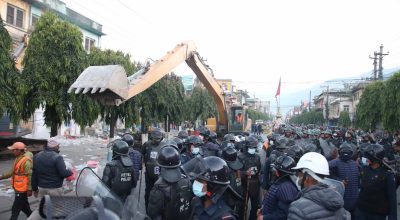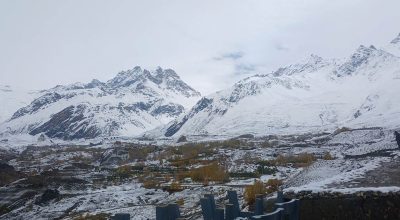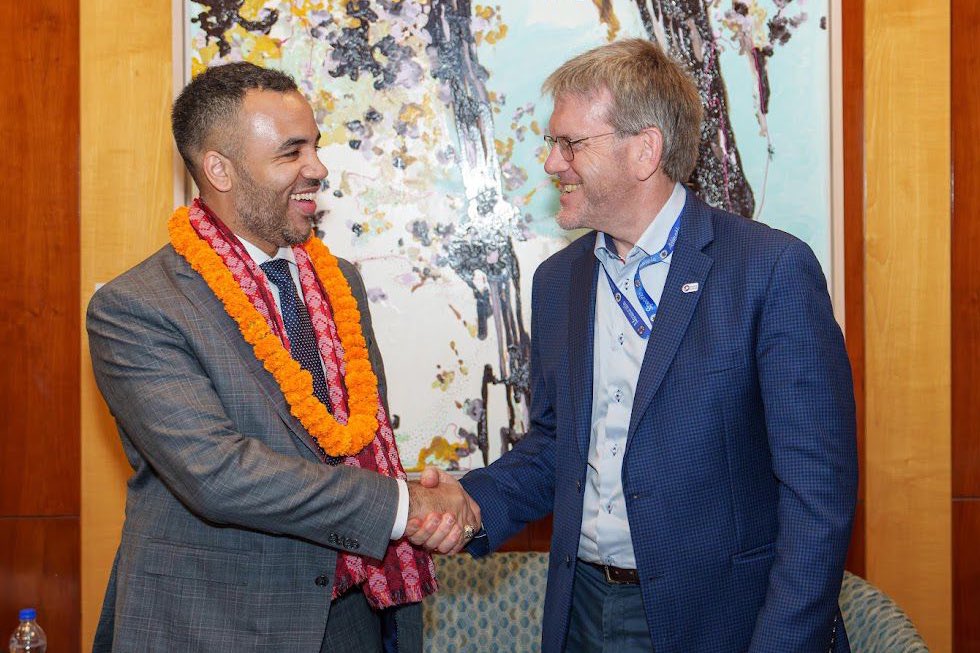
Kathmandu, May 15: Peace Corps Deputy Director, David E. White Jr. has arrived in Kathmandu on Wednesday for a five-day visit.
During the visit, he will meet with the representatives of the Nepal government and civil society, according to the United States Embassy in Kathmandu. Peace Corps is an international service network of volunteers, community members, host country partners and staff dedicated to the cause of world peace and friendship. He will discuss the plan to expand the Peace Corps programme in Nepal during his stay here.
Deputy Director White will also participate in the swearing-in ceremony of 10 Peace Corps Response Volunteers who recently arrived in Nepal. This is the first group of response volunteers to work in Nepal. The Peace Corps Response Programme sends experienced U.S. volunteers to countries requesting their assistance to carry out short-term, high-impact tasks. During the visit, White will also meet with volunteers and their counterparts currently working in Nepal.
Volunteers in Nepal work on locally prioritized projects in the fields of agriculture, education and health. They learn Nepali language and other local languages in order to communicate and collaborate effectively with the community. Currently, 40 Peace Corps volunteers are working in seven districts of Nepal. They are teaching English in government schools in rural communities and working on food and nutrition security.
With the new group about to take oath, the number of Peace Corps volunteers working in eight districts in Nepal will reach 50. In September 1962, the Peace Corps established its operations in Nepal for the first time. Since then, nearly four thousand American citizens have worked in Nepal in various areas and across the country. At the invitation of governments around the world, Peace Corps volunteers on locally prioritized projects in the areas of education, health, environment, agriculture, community economic development and youth development.
Through the service, Peace Corps network members develop transferable skills as well as intercultural competence. It works to prepare the next generation as the global leaders. Since the founding of the Peace Corps by then US President John F. Kennedy in 1961, more than 240,000 US citizens have served in 142 countries around the world.





